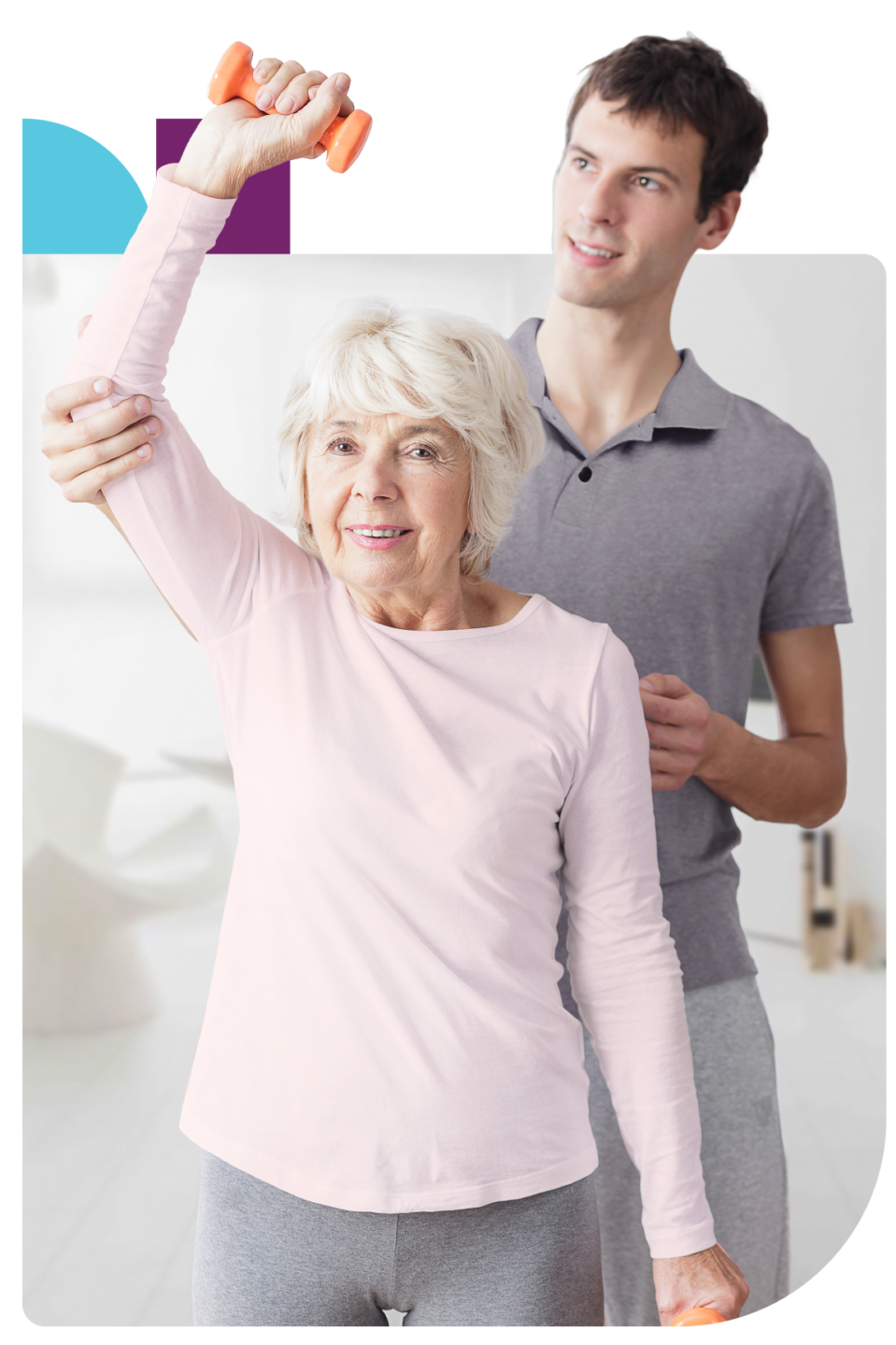
Occupational Therapy for Older Adults
Occupational therapy for Seniors can be enormously helpful as a way of keeping the elderly active and self-sufficient.
It can not only allow them to stay fit but may also help them maintain their physical stability. This can be beneficial when it comes to performing daily tasks such as walking, driving, or getting dressed; meaning they may be able to do those things without needing the help of any assistive caregiver.
Though many people confuse Physical Therapy (PT) with Occupational Therapy (OT), they are very different. Occupational Therapies consider both the physical and cognitive abilities of elderly patients.
It treats disabilities beyond the physical level — like cognitive impairment, limited mobility, etc. On the other hand, physical therapy only focuses on helping with the physical impairment of patients.
Here’s a closer look at the benefits of occupational therapy for the elderly. Read on to learn more!

Key Benefits of Occupational Therapy Program for an Elderly Person
There are several benefits of occupational therapy for older adults. The positive outcomes of occupational therapy for this age group can include:
Healthy Lifestyle Habits
Every occupational therapist starts their session with one thing in mind: helping the patient better perform everyday living activities. That is the pure motive and purpose behind every occupational therapy session.
Besides increasing your independence in everyday life activities, occupational therapy services also focus on providing skill training and enhancing an individual’s strength and quality of life.
OTs work with participants to overcome any issues and improve healthy lifestyle habits in older patients. Therefore, older adults may benefit from the support provided by occupational therapists.
Basic Motor Skills Development
Motor skills development isn’t just about movement, either — it’s also about strength, physical changes, and the flexibility in your muscles. Older people generally experience a loss in muscle strength as they age — this strength can often be restored with regular exercise.
So, occupational therapists work to improve fine motor skills in elderly patients. They give maximum effort to assist them with regular exercise while also enabling them to perform basic everyday tasks, which primarily include muscle movement activities.
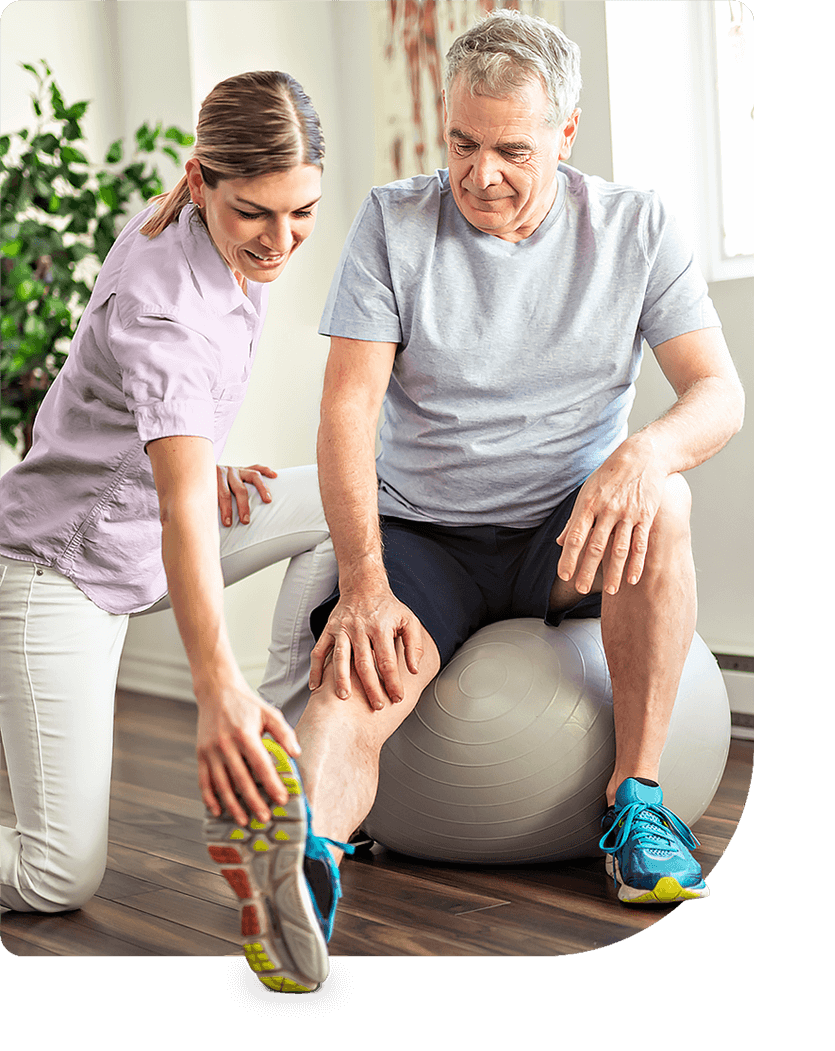
Reduces Chronic Pain and Prevent Falls
Occupational therapy can also helps older people lead happier lives. It can reduce chronic pain and keeps their muscles active to prevent unexpected falls.
By giving patients the chance to process physical, mental, and social changes that occur with the ageing process, occupational therapists can help them keep up with the world around them.
Boosts Memory Skills and Sensory Stimulation
When elderly patients go through the ageing process, they tend to face a number of different physical and mental health issues. For example, they may forget to complete everyday tasks and gradually lose the natural sensory stimulation.
Occupational therapy can help them to improve their overall cognitive skills.
Emotional Well-Being Improvement
While any adult can suffer from depression, senior adults may be particularly susceptible to physical, emotional, and social effects. But occupational therapists can help.
Oftentimes, these professionals work alongside doctors and other medical professionals to help patients focus on what they can still do instead of what they can’t. It can help seniors regain their independence and confidence.
Enhance Organizational Skills
Occupational therapy can help elderly people regain their organizational skills and learn how to organize things on their own. Occupational therapists also help with home modifications to allow older people to keep living independently.
Reduce Arthritis and Vision Loss
With arthritis and vision loss affecting many seniors, occupational therapists can help these patients get back to their daily tasks more efficiently.
By analyzing the type of arthritis seniors have and the related needs of their vision, occupational therapists can create solutions for them to carry out tasks in a better way.
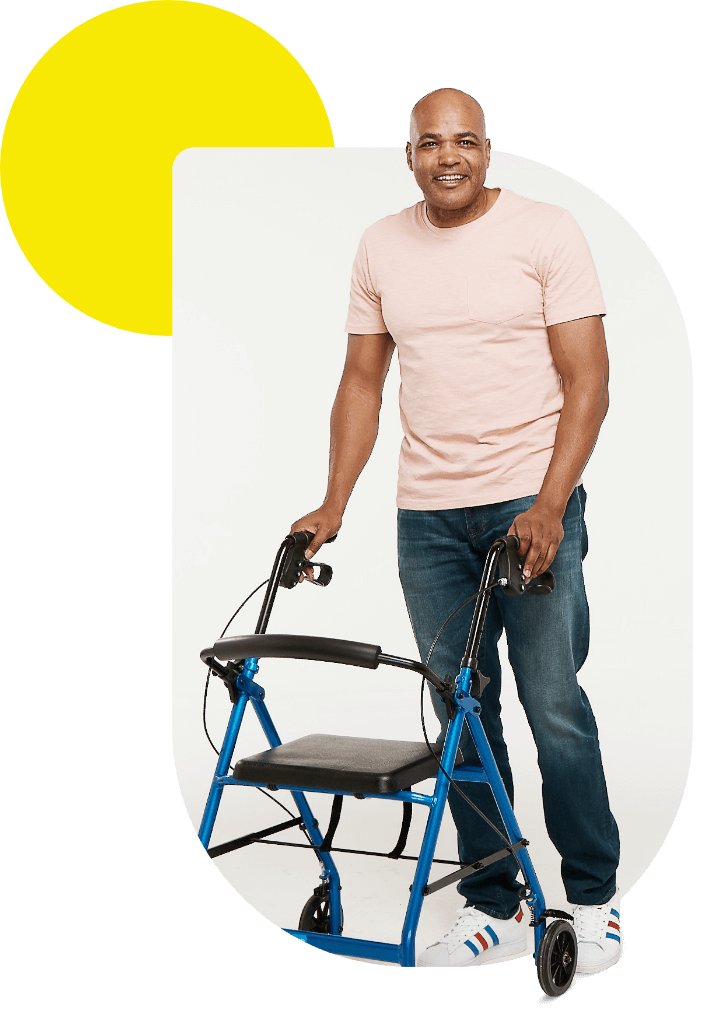
Occupational Therapy Tools for Senior Adults
Occupational therapists are familiar with a number of tools to help their participants. These include:
Assistive Technology
Occupational therapy provides assistive technology that can have an impactful role in giving patients a healthier lifestyle.
There are multiple assistive technologies for the elderly, which include,
- Automotive Wheelchair: Senior adults with moving difficulties can use this technology to enhance mobility.
- Pressure Mattress: A pressure mattress can support elderly patients’ stress points and provide maximum comfort for reducing pressure sores.
- Pediatric Stander: This assistive technology tool increases a senior patient’s range of mobility. It can be used while lying down or sitting to provide a more comprehensive range of positioning than crutches.
- Complex Home Modifications: Older patients having difficulties with their home management can use this assistive technology.
- Reminders Applications: This technology notifies patients about everyday tasks that need to be completed.
- Daily Living Aids: Daily living aids are a form of assistive technology designed to help individuals with disabilities in everyday activities. They are used primarily by the elderly and people with disabilities – including individuals who have lost the ability to walk, talk or move freely.
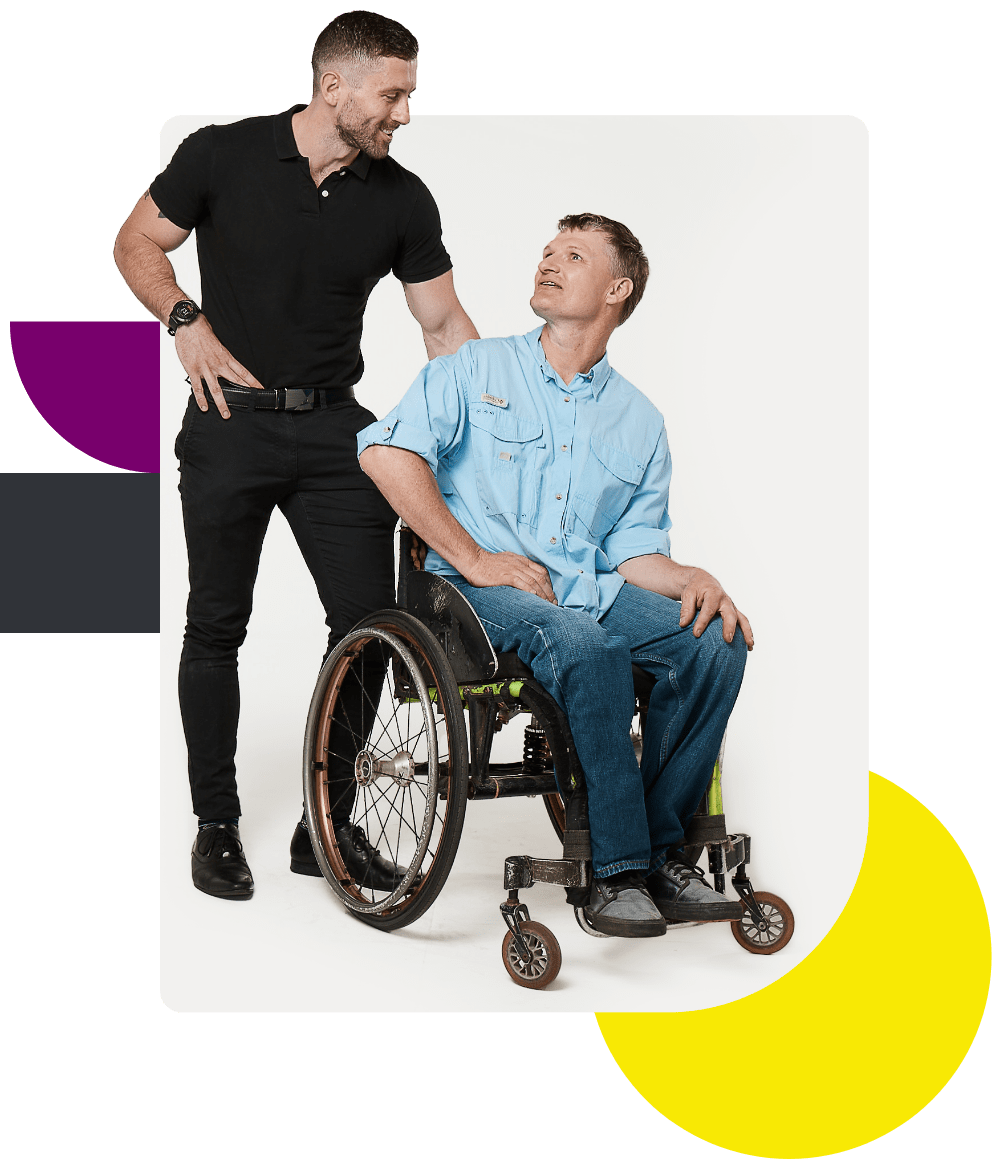
Assistive Equipment
Whether dealing with vision loss or a physical disability, occupational therapists can work with various assistive equipment to help older people enjoy independent living. Some of the assistive equipment includes:
- Bathroom Rails: This device allows an elderly person to finish their bathroom chores on their own without the fear of falling.
- Easy Grip Cutlery Handles: It helps older adults with their eating needs as these cutlery sets are thick in design and, therefore, easy to handle.
- Long-Handled Combs and Brushes: Long-handled combs can let elderly people comb their hair on their own.
- Swivel Seat Cushion: This device make it easier for them to get in and out of the car.
- Seat Walker: It helps increase the movement range of elderly patients who cannot walk and require a machine to help them move while sitting.
- Mobility Scooter: The mobility scooter, also known as a power-operated vehicle or a power wheelchair, helps the elderly have a higher level of mobility when going out and about.
- Wheelchairs: Like mobility scooters, wheelchairs also help elderly patients move around freely without someone else’s support.
- Lift Chairs: Lift chairs are powered, motorized chairs that help older people get into a standing position while sitting on them.
- Hospital Beds: These beds can be effective for older patients. These beds have an elevated position that helps reduce back strain. Adjustable head and footrests also allow patients to sit up more comfortably.
- Floor Hoists and Ceiling Hoists: Floor hoists are portable, easy-to-use devices with the same transfer options as ceiling hoists. They come with a castor wheeled frame, a mast and a boom, which allow users to safely raise and lower the patient from their bed onto a transport device.
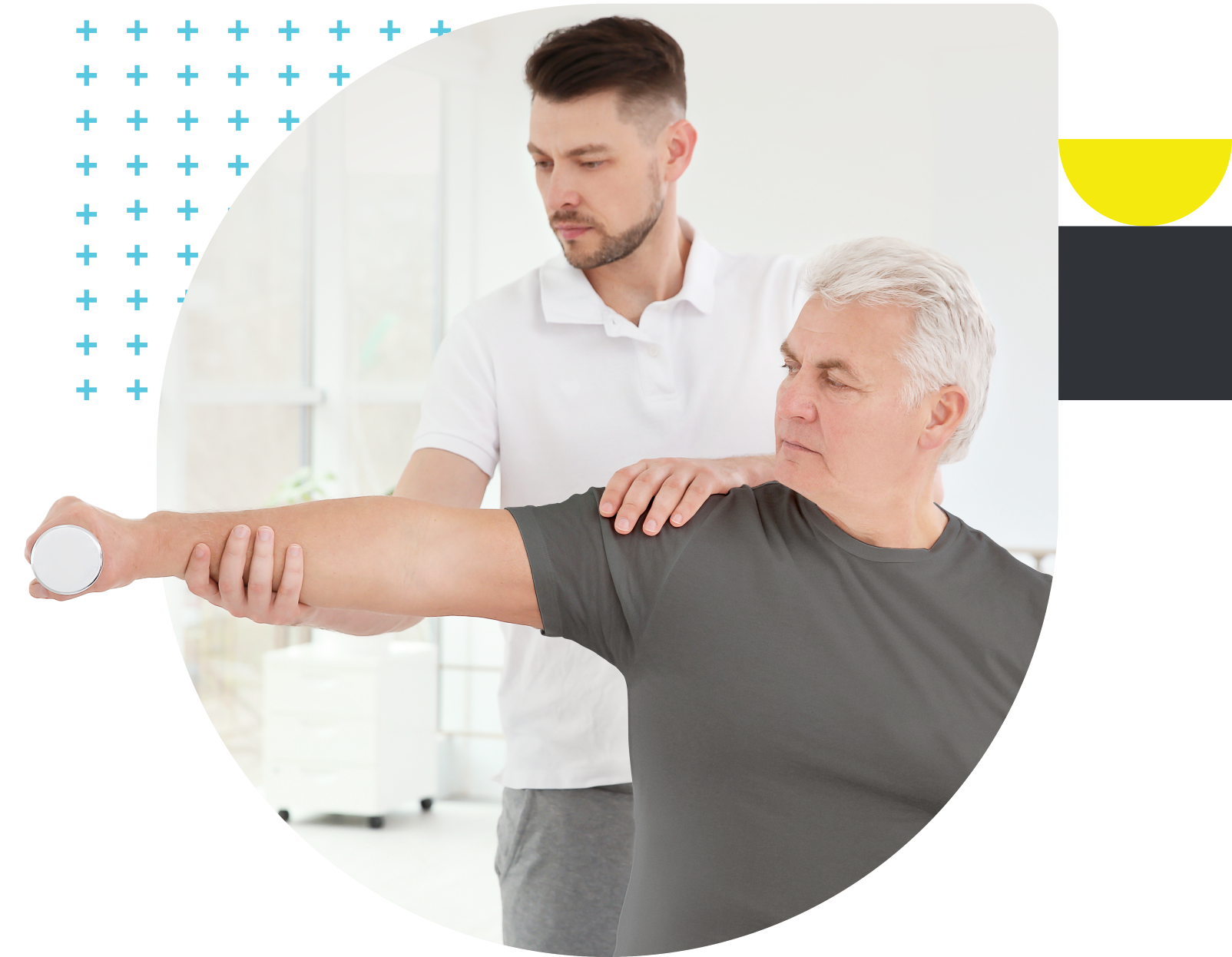
Occupational Therapy Activities for Elderly Patients
Top three occupational therapy activities for the elderly include:
Personal Activities
This type of therapy activity focuses on developing skills for daily living, such as dressing or cooking, and participating in recreational activities.
Relaxation Methods
This type of therapy activity reduces anxiety, tension, and stress. They often involve a combination of deep breathing and meditation, but it is crucial that the person receiving the exercise feels relaxed.
Memory Games
As memory loss is a common symptom of ageing, seniors can often not remember certain information. They rely on the help of others to aid them in navigating daily life.
Therefore, occupational therapists help elderly patients overcome these issues with memory games. In this therapy activity, they pursue several matching games and other memory skills-related games.
FAQs
Some of the most common questions regarding Elderly Occupational Therapy are,
1. How can older people benefit from seeing an OT?
Patients of all ages, including the elderly and children, can benefit from occupational therapy. This form of healthcare is concerned with helping elderly patients improve their abilities to complete tasks such as dressing, eating, and bathing.
1. What conditions in older people can an OT treat?
Occupational therapists (OTs) can treat every condition of an elderly patient, whether with mental or physical disabilities. You don’t need to worry about how hard it would be to manage their cognitive abilities; occupational therapists are trained to handle all these.
What support can occupational therapy provide older adults?
An occupational therapist can support older patients with several therapy activities, which include,
- Personal Care
- Relaxing Therapy
- Cognitive Skills Development
- Rehabilitation Services
- Memory Enhancing Activities, etc.
Better Rehab occupational therapy for adults service in Bankstown, Blacktown, Central Coast, Newcastle, Northern Beaches, Macquarie Park, Maroubra, Penrith, Wollongong, Canberra, Gippsland, Greensborough, Moonee Ponds, Mornington, Mulgrave, Surrey Hills, Werribee, Chermside, Gold Coast, Ipswich, North Lakes, Springwood, Stones Corner, Sunshine Coast, Toowoomba, Cockburn Central, Inglewood, Joondalup, Adelaide.
References:
National Disability Insurance Scheme
https://www.ndis.gov.au/
